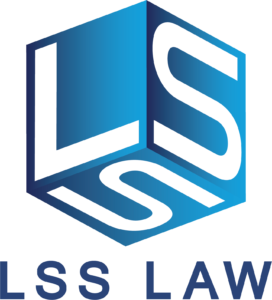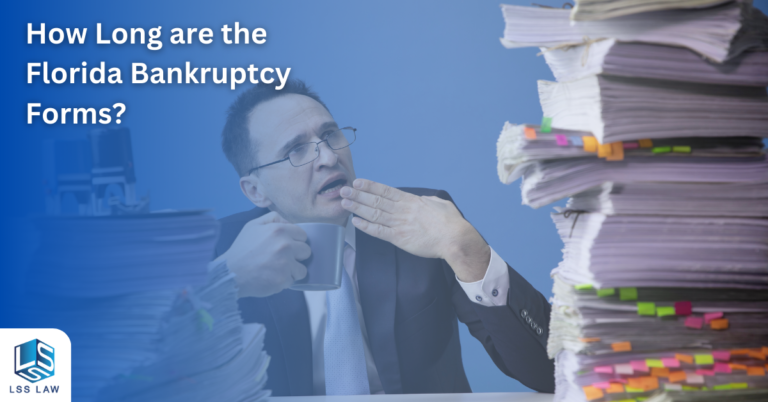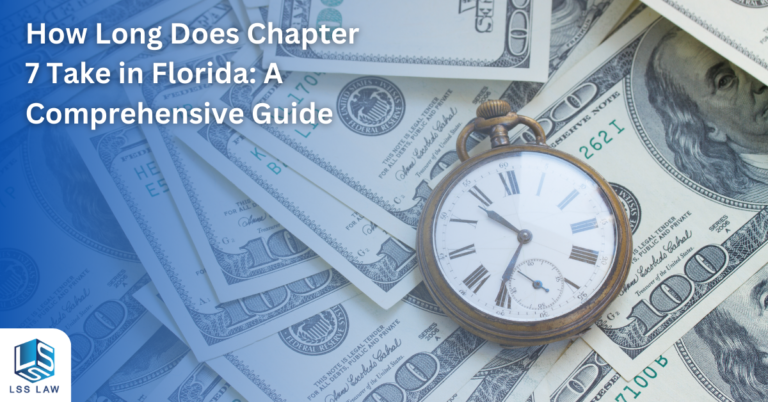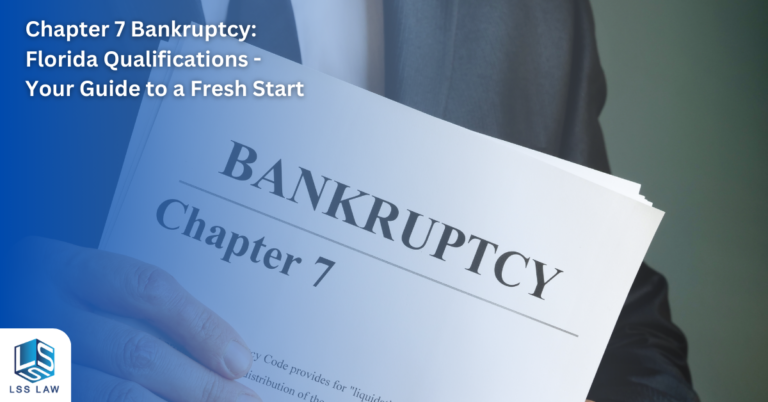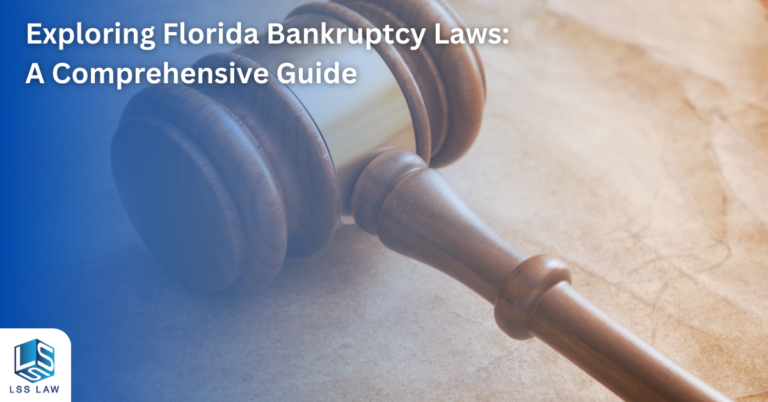Generally, if your federal student loan is between 1 and 270 days late, it is “delinquent” (other than Perkins loans, which are in “default” after the first day of non-payment). After 270 days of non-payment, your federal student loan is in “default”. If your federal student loan is close to being in default, then you should make every effort to keep it from actually going into default.
Once your federal student loan is in default, you can be subject to collection charges of up to 25% of the amount due, your wages can be garnished under an administrative wage garnishment, your tax refund can be taken away through a tax refund intercept, you can have your social security benefits offset, or you could soon be served with a lawsuit. Other possible consequences are that you could be ineligible for federal employment or your federal or state licenses could be in jeopardy. If you are facing default on your federal student loans, we can help.
Some short-term solutions if your federal student loans are in default include forbearance or non-curing payment plans (to avoid administrative wage garnishments). Some longer-term solutions include settlement, consolidation, and rehabilitation. By consolidating one or more of your federal student loans, you can pay off their outstanding balances by creating a new single loan.
To qualify for loan consolidation, you typically are required to make at least three consecutive, voluntary and timely payments, or you must immediately enter into an income-based repayment (IBR) or income-contingent repayment (ICR) plan. IBR/ICR plans generally last 25 years (with the balance of the student loan forgiven thereafter) and is based on what you can afford, given your income and household size.
Curing a default through consolidation is not available if you are currently in administrative wage garnishment. Additionally, if you decide to consolidate your loans, it is important to understand that the late payment notation will remain on your credit report. To avoid this, you may wish to consider loan rehabilitation. To learn more about loan rehabilitation, read our blog tomorrow titled “Defaulted Student Loans-Rehabilitation.”
Please keep in mind that every student loan matter is different. If you have questions about your student loans and you would like to schedule a no-cost consultation, please contact our office by completing the form on this website or calling us at 954-466-0541.
